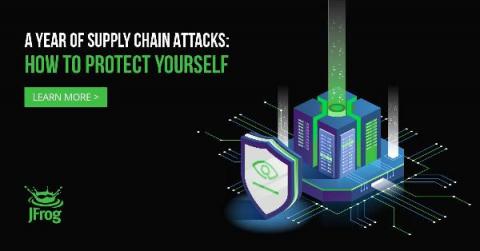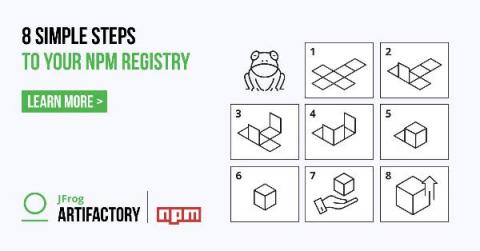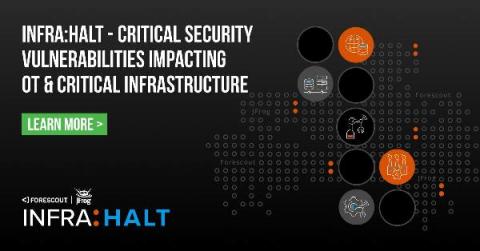The More the Merrier: Multi-Arch Docker Manifests with Buildx and Artifactory
The cloud native promise to be able to “build once, deploy anywhere” is nearly fulfilled. With containerization and Docker , we can build our applications and services for any environment, and set configuration at runtime. Well,… almost. Operating systems and apps still need to be compiled to execute on specific architecture types. Your software that’s been compiled for an AMD64 processor can’t run on an ARM-based machine, nor can one built for Linux run on Windows.











